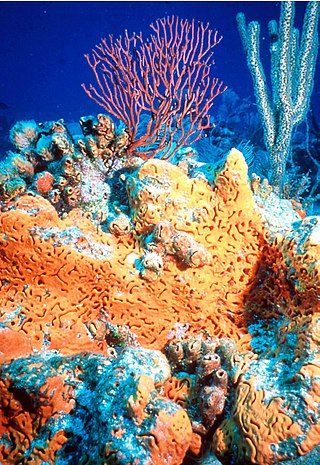Unikont
taxonomic group proposed by Thomas Cavalier-Smith From Wikipedia, the free encyclopedia
Remove ads
Unikonts are one of the five superkingdoms in the classification of eukaryotes. They are part of the taxonomy system of Thomas Cavalier-Smith.[1][2]
The term is no longer used. It is replaced by the term Amorphea.[3]
Remove ads
Clade
The group is claimed to be a clade. It includes eukaryotic cells that:
The unikonts include opisthokonts (animals, fungi, and related forms) and Amoebozoa. By contrast other well-known eukaryotic groups are often referred to as bikonts. Bikonts include Archaeplastida (plants and relatives), Excavata, Rhizaria, and Chromalveolata. These groups may have two flagella (although there are many exceptions).
Remove ads
Characteristics
The unikonts have a triple-gene fusion that is lacking in the bikonts. The three genes code for enzymes which make pyrimidine nucleotides. This must have involved a double gene fusion, a rare pair of events, which supports the shared ancestry of Opisthokonta and Amoebozoa.
References
Wikiwand - on
Seamless Wikipedia browsing. On steroids.
Remove ads

